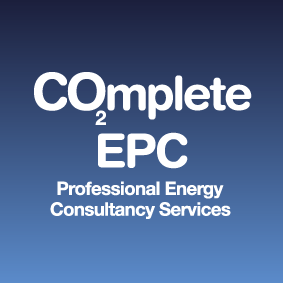London’s skyline is constantly evolving, reflecting both its architectural prowess and its commitment to sustainability. As the city grapples with water scarcity and environmental concerns, advanced water efficiency calculations have emerged as a crucial tool for architects, developers, and policymakers. In this blog, we explore how these calculations are driving sustainability forward in London-based projects, revolutionising the way water is managed and conserved in urban environments.
The Urgency of Water Efficiency in London
- Population Pressure: With a growing population and limited water resources, London faces increasing pressure to manage its water supply efficiently. Advanced water efficiency calculations offer a proactive approach to address this challenge, ensuring that water is used wisely and sustainably.
- Environmental Impact: Excessive water consumption has far-reaching environmental consequences, including habitat degradation and energy-intensive treatment processes. By prioritising water efficiency, London can reduce its ecological footprint and preserve precious natural resources for future generations.
Key Components of Advanced Water Efficiency Calculations
- Comprehensive Data Analysis: Advanced water efficiency calculations involve in-depth data analysis to assess current water usage patterns and identify opportunities for improvement. This may include evaluating water consumption across different sectors, such as residential, commercial, and industrial.
- Technological Integration: Leveraging advanced technologies, such as remote sensors and smart meters, allows for real-time monitoring of water usage in buildings and infrastructure. These data-driven insights enable stakeholders to make informed decisions and optimise water management practices.
- Simulation and Modelling: Sophisticated modelling techniques simulate various scenarios to predict water demand, evaluate the effectiveness of water-saving measures, and assess the impact of climate change on water availability. This predictive analysis guides long-term planning and resilience strategies.
Benefits of Advanced Water Efficiency Calculations
- Resource Conservation: By identifying inefficiencies and implementing targeted conservation measures, advanced water efficiency calculations help minimise water wastage and preserve finite resources. This not only benefits the environment but also ensures a reliable water supply for London’s residents and businesses.
- Cost Savings: Improved water efficiency translates into significant cost savings for property owners, developers, and utility providers. Reduced water consumption leads to lower utility bills, increased property values, and decreased operational expenses for businesses.
- Regulatory Compliance: London’s stringent water efficiency regulations require developers to demonstrate compliance with specific standards. Advanced water efficiency calculations provide the data and insights needed to meet regulatory requirements and obtain necessary approvals for construction projects.
Implementing Advanced Water Efficiency in London Projects
- Design Optimisation: Incorporate water-efficient design principles into building plans, such as installing low-flow fixtures, greywater recycling systems, and rainwater harvesting infrastructure. These features reduce water demand while maintaining comfort and functionality.
- Education and Training: Raise awareness about the importance of water efficiency among stakeholders, including architects, engineers, contractors, and occupants. Training programs and outreach initiatives empower individuals to adopt water-saving behaviours and practices.
- Collaboration and Innovation: Foster collaboration between government agencies, academic institutions, industry partners, and community organisations to drive innovation and best practices in water efficiency. By sharing knowledge and resources, London can accelerate progress towards a more sustainable water future.
Conclusion
Advanced water efficiency calculations represent a significant step forward in London’s sustainability journey, offering a data-driven approach to address water challenges in urban environments. By embracing advanced technologies, comprehensive analysis, and innovative solutions, London-based projects can achieve greater water efficiency, resilience, and environmental stewardship. As the city continues to grow and evolve, prioritising water conservation and sustainability will be essential to ensure a thriving future for generations to come. Let’s seize the opportunity to build a more resilient, water-wise London—one calculation at a time.





